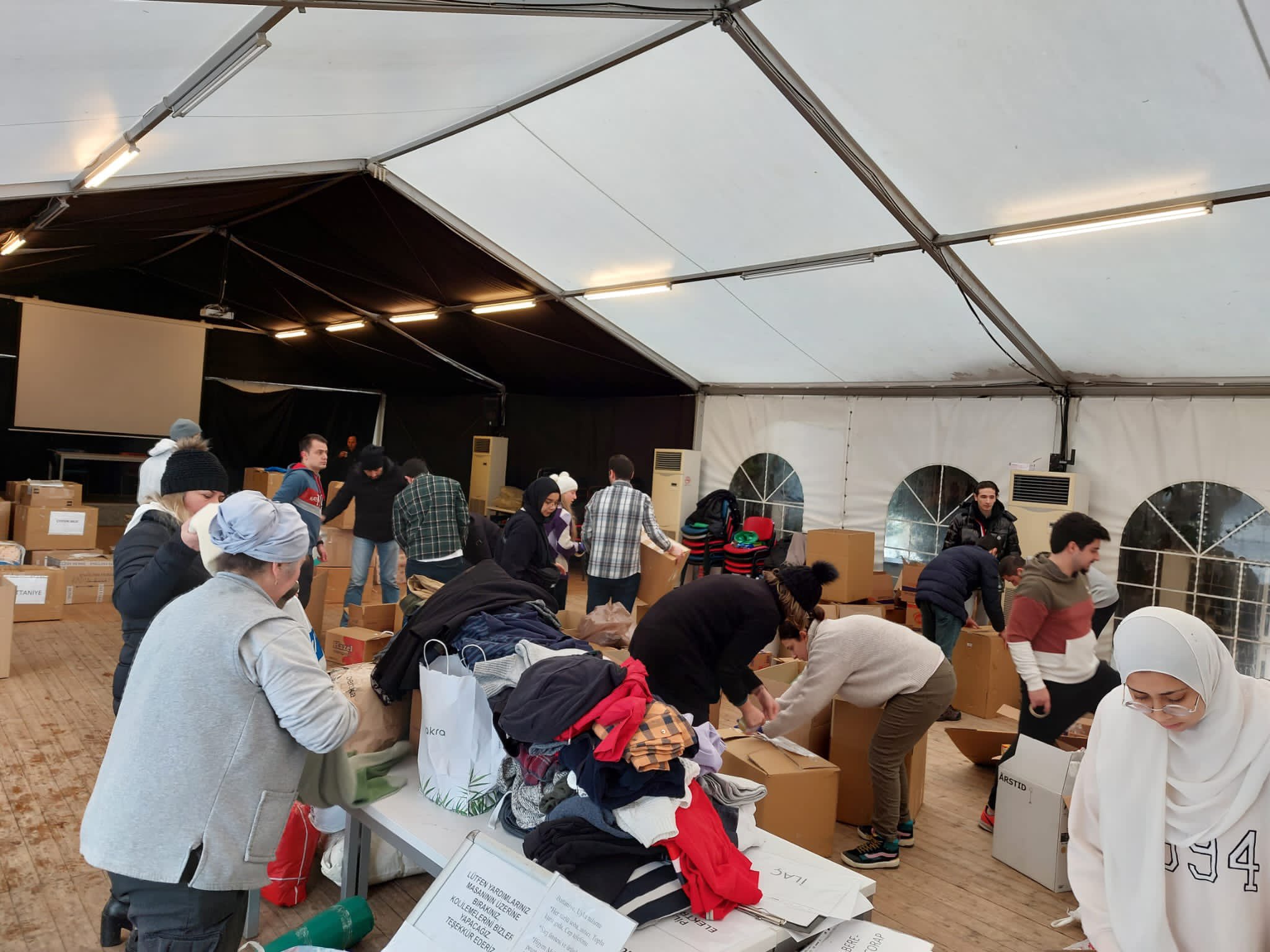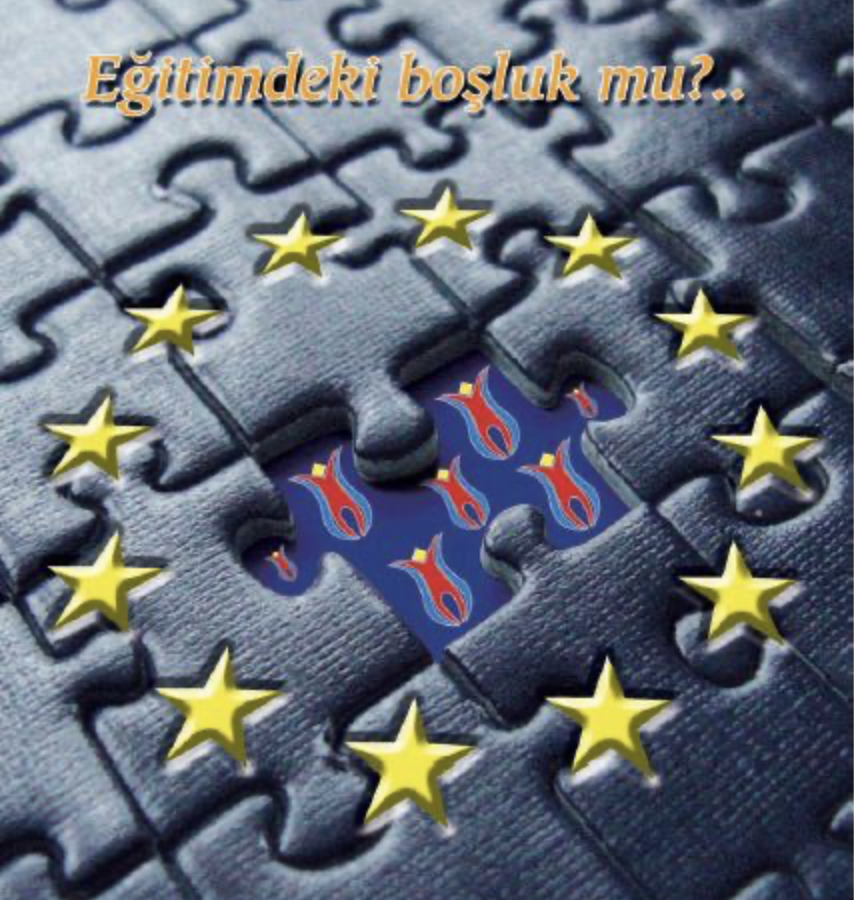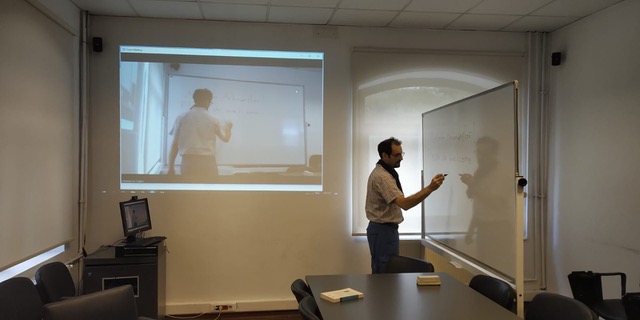It’s too late to talk to students about ethnic and religious plurality in Türkiye once they are at university, argues Kenan Çayır, but higher education still has a role to play in challenging national narratives
- This post is part of a special issue, Higher education during times of crisis in Türkiye
One of the biggest challenges facing social science educators at Turkish universities is initiating discussions about non-Turkish and non-Muslim groups. The increasing social polarisation and right-wing authoritarianism in Türkiye contribute to this difficulty in teaching social sciences, but another major reason is the K-12 national curriculum, which lacks information about ethnic, cultural or religious differences. By the time students enter higher education, they typically have well-established conceptualisations of national identity, making it difficult to introduce new and pluralistic ideas. Therefore, conversations about inclusive education should start well before university, addressing ethnic and religious plurality in Türkiye at an earlier stage.
A state of ethnic singularity?
Our research shows that the core of the K-12 curriculum revolves around a national ethos imagining Türkiye as a state of ethnic singularity. Textbooks promote an ethno-religious (Turkish-Sunni Muslim) national identity and disregard those whose religion is different (for example, Armenian, Greek, and Jewish minorities) and those whose language is different (for example, Kurds, Arabs, and Circassians). This neglect is also often accompanied by portrayals of minorities as threats to national unity. Türkiye currently hosts the largest refugee population in the world due to the civil war in Syria. The presence of a large Syrian population – more than three million people with the status of “population under temporary protection” – presents a substantial challenge to the Turkish education system.
Despite the prevalent national ethos, the Turkish Ministry of National Education (MoNE) has recently initiated projects aimed at promoting inclusive education, primarily to meet the needs of the growing refugee population. The new MoNE projects involve teacher training sessions, new guidelines, and revision of textbooks to address this challenge. For example, a comprehensive teacher’s guide on inclusive education was published in 2017 in collaboration with UNICEF. It presents inclusive education as a framework for providing “equal educational opportunities to students who come from different racial, ethnic, and religious backgrounds,” citing several passages from UNICEF and UNESCO manuals. Additionally, MoNE introduced new learning objectives for textbooks, such as “students learn that they share their country with people from different cultural backgrounds.” Accordingly, textbooks were updated in 2017 to teach students about different cultures.
 The textbooks used in K-12 classrooms in Türkiye
The textbooks used in K-12 classrooms in Türkiye
Rooting inclusive education
Although these initiatives to address the arrival of refugees in primary and secondary education are commendable, they contrast with how inclusive education was adopted in many European countries. The origins and wide acceptance of inclusive education globally and in Europe can be traced back to the late 1970s and early 1980s when disability activists sought to include children with disabilities in mainstream schools. However, inclusive education has since gained a broader meaning, covering learners other than those with disabilities or special needs. A UNESCO guideline defines inclusive education as a process of “addressing and responding to the diversity of needs of all learners through increasing participation in learning, cultures and communities, and reducing exclusion within and from education.” As a result, inclusive education has become a dominant policy concept on a global scale to address the needs of different groups and transform national educational systems.
Simply put, ‘national education’ and ‘inclusive education’ seem to be at odds in the Turkish context
This global trajectory of inclusive education contrasts with Türkiye’s recent initiative designed to address a more specific goal, namely, to incorporate refugees and migrants. Although these new initiatives to promote inclusive education at the K-12 level had the potential to transform the prevalent exclusionary nationalistic vision into a more inclusive one, a close analysis of the new guide and textbooks shows that this is not the case. Perhaps this is not surprising, given the limited goals and the prevalent national ethos. Simply put, “national education” and “inclusive education” seem to be at odds in the Turkish context. Although the guide involves some references to universalist concepts such as human rights, the ethical roots of inclusion – why we need to include refugees – are based on nativist and culturalist terms such as “historical Turkish-Islamic generosity”. The revised textbooks include new characters from Syria, Afghanistan, or Iraq and pictures of headscarved students, but they are presented as “our guests” who need Turkish students’ help to adjust to the Turkish culture. The new textbooks appear to selectively include new migrants or refugees while continuing to omit Türkiye’s non-Muslim and non-Turkish minorities.
The national narrative is still based on ethno-religious (Turkish-Islamic) boundaries. How can MoNE adopt inclusive education while the education system is based on the principle of “one language, one religion, one nation”?
Challenging the centre
The term inclusion in itself, as Graham and Slee argue, “implies a bringing in that it presupposes a whole into which something (or someone) can be incorporated… [Thus] there is an implicit centered-ness to the term inclusion, for it discursively privileges notions of the pre-existing by seeking to include the Other into a prefabricated, naturalised space”. If inclusion is simply about incorporating non-nationals or excluded groups into existing Turkish culture, it will do little to address social cohesion. Effective inclusive education requires a transformative approach that challenges the centre, as well as the dominant norms that contribute to social exclusion and inequality. Without this challenge, nominally inclusive policies will continue to privilege the dominant Turkish-Islamic ethos, resulting in further challenges to teaching social sciences at the university level. Perhaps the key question regarding inclusive education at all levels, in many national contexts, is not “how can we include the Other?’”, but “how can we transform dominant national narratives on the way for developing a pluralist imaginary?”.
Higher education institutions can play a crucial role by establishing pre-service and in-service training programmes for educators
How can we enhance inclusive education and cultivate pluralist imagination as higher education instructors? Achieving these goals requires systematic institutional support and the development of inclusive pedagogical techniques among educators. In many contexts, including Türkiye, the transition from doctoral studies to teaching roles often lacks training in pedagogical techniques. This is particularly concerning when navigating controversial issues such as questioning the dominant national narratives. Therefore, higher education institutions can play a crucial role by establishing pre-service and in-service training programmes for educators. These programmes should equip educators to foster inclusive educational environments that allow students to engage in critical and respectful dialogues around diverse viewpoints.
As noted above, students start university education with a lack of information about non-Turkish and non-Muslim minorities. Additionally, many students hold essentialist viewpoints regarding history and national identity. Considering this reality, simply criticising the dominant national narrative may not be an effective strategy. It could potentially alienate students and trigger feelings of defensiveness, particularly amid rising polarisation and right-wing politics. Research suggests that solely employing a negative critique of national narratives is insufficient in fostering inclusive and pluralist imaginary. Instead, we need a more nuanced approach that combines critical thinking with developing “hopeful thinking” skills. This approach involves fostering not only the ability to analyse the national identity and narrative critically but also the capacity to envision and work towards alternative futures.
_____________________________________________________________________________________________ This post is opinion-based and does not reflect the views of the London School of Economics and Political Science or any of its constituent departments and divisions. _____________________________________________________________________________________________
Main image: Kenan Çayır





